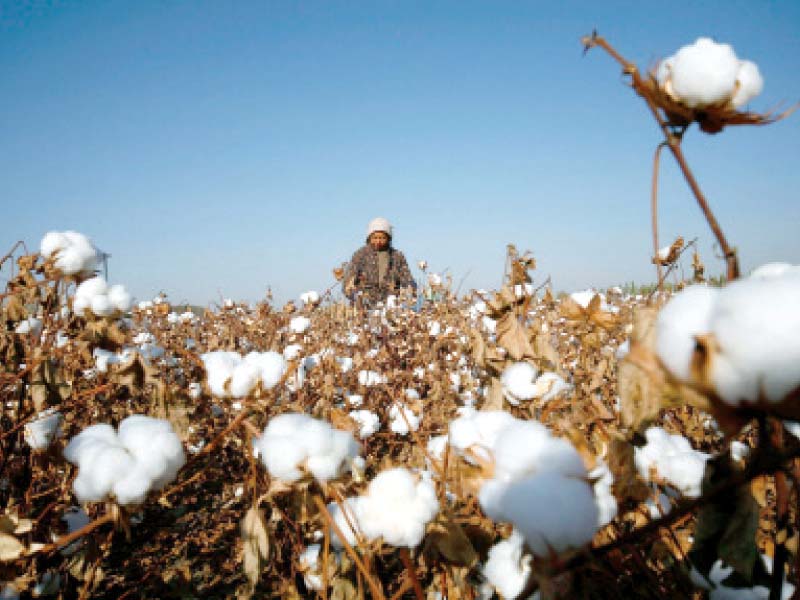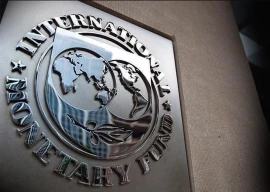
Unavailability of cotton yarn and stuck duty and income tax refund claims are adversely impacting export growth, putting export orders worth millions of dollars at stake, say textile exporters.
They said the government must take immediate remedial measures as further delay would hurt industrialisation, halt export growth and lead to unmanageable unemployment levels.
Pakistan Textile Exporters Association (PTEA) Chairman Muhammad Ahmad on Thursday expressed grave concern over the cotton yarn crisis.
"Extreme shortage of cotton and an unprecedented hike in cotton yarn prices has almost disrupted the export cycle and the textile industry has become economically unviable due to the escalating prices on the back of crop shortfall," he lamented.
Read: Cotton production drops 34% in FY21
Cotton production was set to drop to a historic low in the current season when demand was up by 13% and the textile sector was operating at full capacity after decades, he added.
With low production, the country needed to import cotton in an effort to bridge the demand-supply gap, said Ahmad.
Low cotton productivity and ban on cross-border cotton import has pushed up prices of cotton yarn and textile exporters are forced to pay higher prices for raw material.
He appreciated Prime Minister Imran Khan for taking serious notice of cotton shortage and allowing import from Afghanistan and Central Asian states via Torkham land route.
However, he considered it insufficient for meeting the apparel industry's raw material needs as yarn import from Central Asian countries was not only expensive but would also take one to two months to reach Pakistan.
In order to overcome the scarcity of basic raw material, he demanded that import of cotton yarn should be allowed from India to ensure continuity of export growth.
Meanwhile, PTEA Patronin-Chief Khurram Mukhtar expressed concern over delay in disbursement of exporters' duty drawback and income tax refund claims (of over Rs50 million) as exporters' liquidity had already taken a strong hit from the adverse impact of Covid-19.
Read more: Pakistan may import Indian cotton
The government must take immediate measures to ease the financial stress and ramp up export growth, he said.
PTEA Vice Chairman Saqib Majeed was of view that undue delay in approval of the textile policy was resulting in backing out of investors from possible investment in the textile chain.
Implementation of the textile policy would attract domestic and foreign investment in the textile value chain and lead to the development of value-added sectors, he added.
He demanded immediate approval and implementation of the textile policy to accelerate the growth of textile value chain.
"Global markets are wide open and Pakistan can achieve significant increase in exports by encouraging investment in addition to enhancing competitiveness," he said.


1725967717-0/Untitled-design-(3)1725967717-0-165x106.webp)

1725275251-0/Untitled-design-(3)1725275251-0-165x106.webp)












COMMENTS
Comments are moderated and generally will be posted if they are on-topic and not abusive.
For more information, please see our Comments FAQ